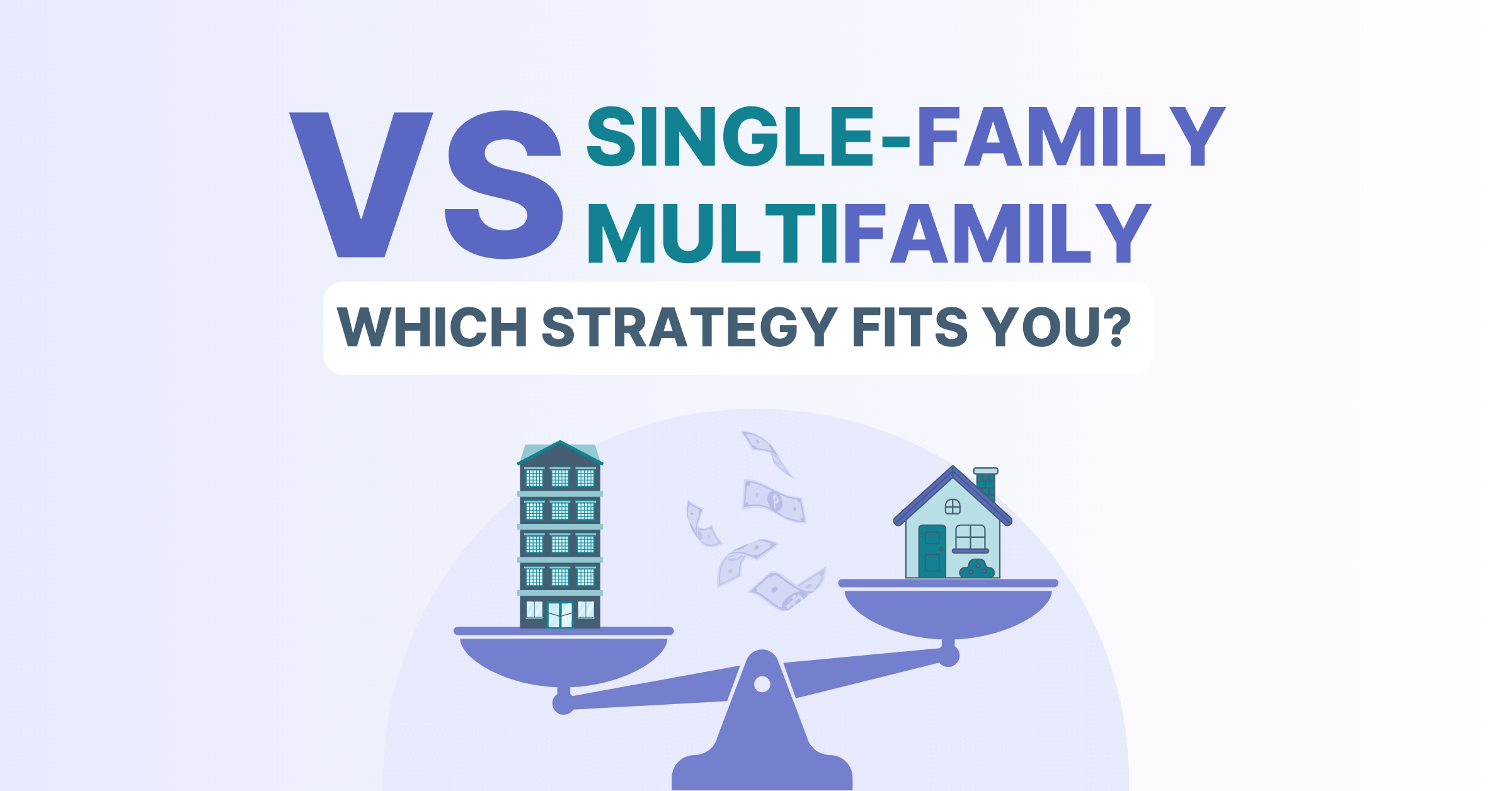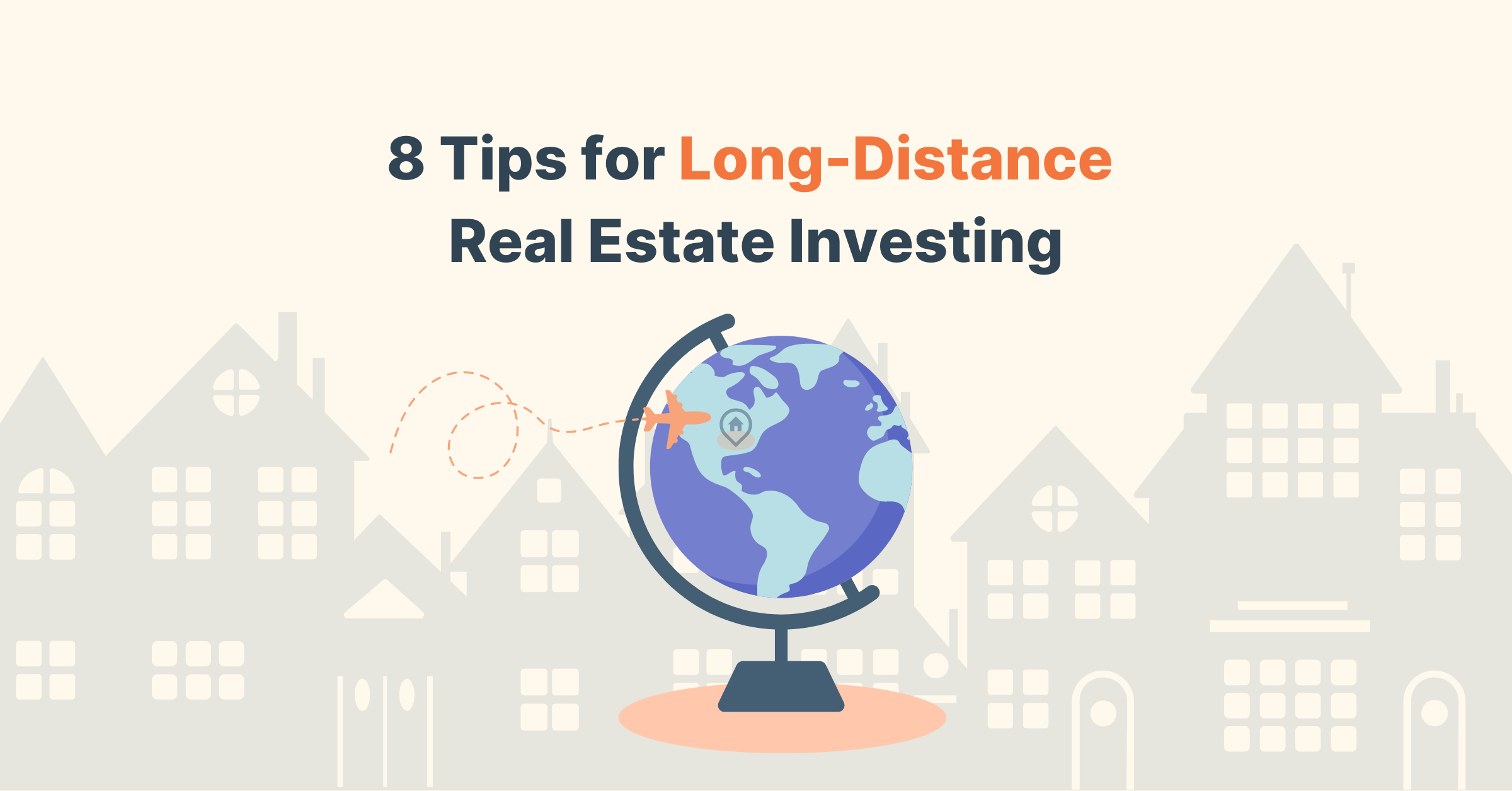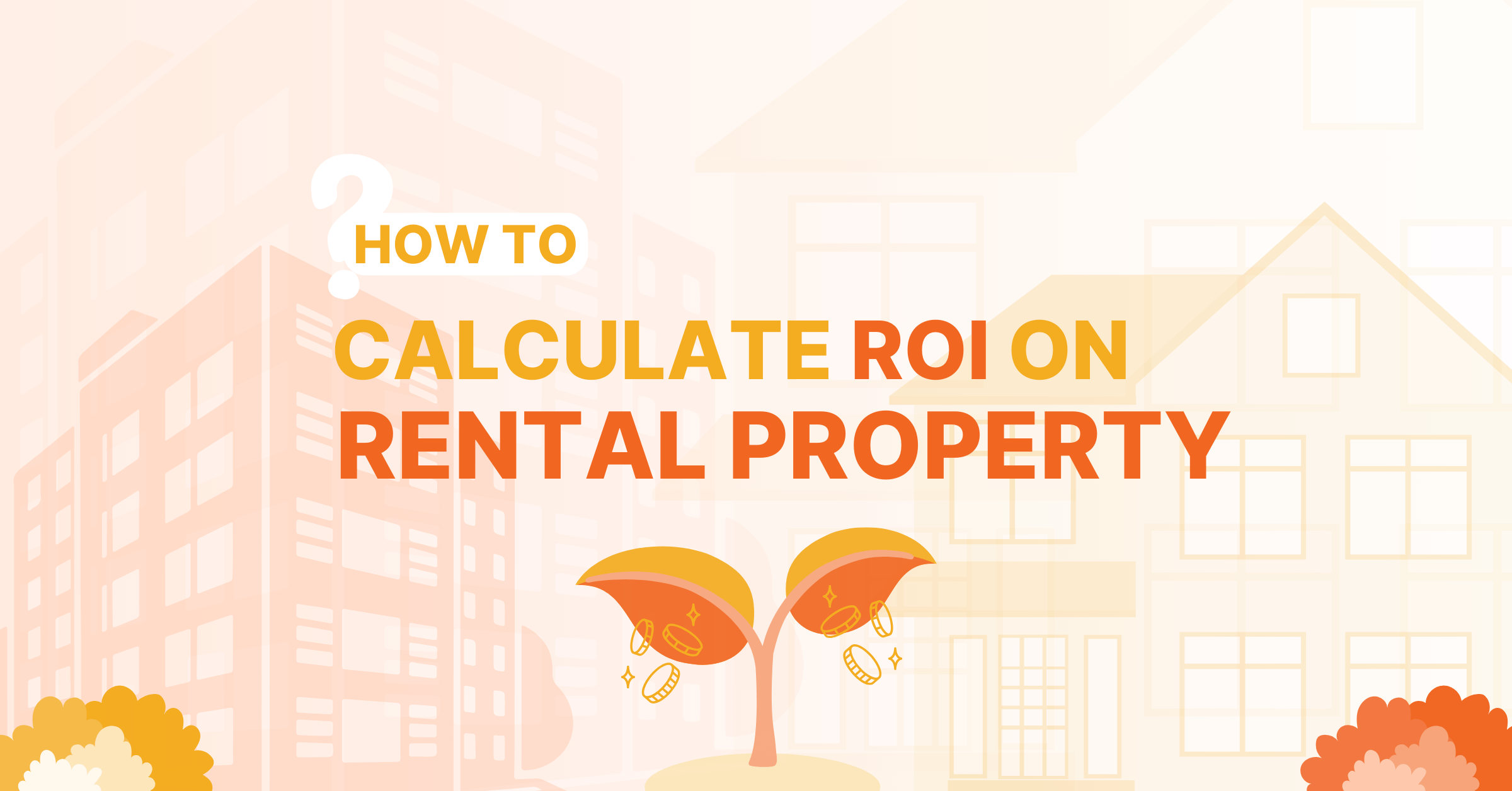Disclaimer: PropStream doesn’t offer investing advice. We highly recommend researching local zoning regulations and consulting legal and financial professionals before buying a manufactured home.
|
Key Takeaways:
|
Amidst record lows in U.S. housing affordability, a rising star emerges: manufactured homes.
But amid the buzz, the question lingers— are they a wise investment? Delve deeper into the nuances with us as we explore the pros and cons of using manufactured homes for investment purposes in today’s real estate landscape.
Table of Contents |
What Is a Manufactured Home?
A manufactured home is built and assembled in sections in a factory (AKA “prefabricated”) and then transported on-site.
Unlike stick-built homes, which are built on a foundation from the ground up, manufactured homes are built on a steel chassis that allows them to be moved from one site to another. To be considered a manufactured home, a structure must meet specific building codes set by the U.S. Department of Housing and Urban Development (HUD). For example, it must be at least eight feet wide, forty feet long, and 400 square feet.
Manufactured homes come in three sizes: single-wide, double-wide, and triple-wide. Each is composed of one or more rectangular sections. While some design options exist, manufactured homes usually require more work to customize.
Pros of Investing In Manufactured Homes
.webp?width=1252&height=834&name=manufactured%20home%20(1).webp)
Now that you know what a manufactured home is, here are some potential benefits of using them for investment purposes:
Low Barrier to Entry
Manufactured homes are typically much more affordable than traditional homes.
According to the U.S. Census Bureau, the average sales price of new manufactured homes is $83,800 (as of March 2025), while the average sales price for U.S. houses is $512,800 (as of Q2 2025). Consequently, buying a manufactured home may be more accessible for first-time real estate investors. Plus, due to their smaller size, they tend to have lower ongoing maintenance costs.
Increasing Demand for More Affordable Real Estate
Rising traditional housing prices and mortgage rates have increased demand for affordable housing options like manufactured homes.
According to the U.S. Census Bureau, manufactured home shipments have increased from about 50,000 in 2010 to 122,000 in 2022. Consequently, investors may benefit from higher occupancy rates and rent prices.
Portability
Since they’re built without a permanent foundation, manufactured homes are relatively easy to move. This means you aren’t stuck in one location but can move manufactured homes to follow housing trends (e.g., where rental demand is higher).
Scalability
If you own a large piece of land and zoning codes allow, you may be able to have several manufactured homes on one property.
You can start with one and gradually add more as your business allows. However, be sure to check local zoning, regulations, and density restrictions.
Faster Construction
Manufactured homes are typically much faster than traditional houses to build.
According to NewHomeSource, manufacturers can build them in their factories in two to seven days, and homeowners can start living in them just four months after placing an order with a builder.
Cons of Investing in Manufactured Homes
Of course, investing in manufactured homes also comes with some drawbacks:
Depreciation
Unlike stick-built homes, manufactured homes tend to depreciate similarly to cars (unless connected with land).
If you hold the property long-term, this may impact your ability to sell for a profit. However, if you hold manufactured homes for short periods, you may greatly benefit from short-term gains.
Zoning Restrictions
In many cities, manufactured homes are restricted to dedicated trailer parks.
These parks may charge fees to owners and require tenants to adhere to unsatisfactory rules, deterring some from wanting to live there. To avoid these factors, you may wish to place manufactured homes on land you own if zoning allows.
Limited Financing Options
Since manufactured homes tend to depreciate, fewer lenders offer loans for them.
This may make it harder to secure financing. However, there are still options, including creative financing methods.
5 Tips for Buying Your First Manufactured Home
Before you buy your first manufactured home, here are some tips:
1. Choose the right market. Demand for manufactured housing can vary significantly from market to market. Aim for a location near other manufactured home communities, amenities, schools, employment opportunities, and transportation options.
Pro Tip: Study PropStream's local demographic data for pieces of land you're considering adding a manufactured home to!
2. Research local regulations. Familiarize yourself with local zoning laws, building codes, and rental regulations for manufactured homes. The last thing you want is to invest in a property you can not legally have.
3. Get the correct permits. You may need permits to develop the land, lay the foundation, connect utilities, and place the manufactured home. Ensure you have the proper permits to avoid delays and potential legal issues.
4. Consider ongoing costs. These include property taxes, maintenance and repairs, home insurance, and other expenses. Factor them into your investment so you have a clear picture of what types of profits to expect.
5. Consult professionals. Real estate agents, lawyers, and general contractors specializing in manufactured homes can help you navigate the buying process, provide valuable insights, and help you make an informed investment decision.
Plan for Your Manufactured Home Investment With PropStream
Ultimately, manufactured homes can be a good investment under the right circumstances. They tend to offer lower upfront costs and the potential for high rental returns but may come with financing and depreciation challenges.
Fortunately, PropStream can help you find the best locations and land deals for placing your manufactured home. With over 160 million property records, our platform can help you find off-market land with motivated sellers, uncover manufactured home parks, perform market research to find regions with the most return potential, avoid regions with stricter rules via HOA filters, and more!
Sign up for a free 7-day trial today and get 50 leads on us!
Frequently Asked Questions (FAQs)
What’s the difference between a manufactured home and a modular home?
Try PropStream for 7 Days Free!
Though these terms are often used interchangeably, manufactured and modular homes differ.
Both are prefabricated structures. However, modular homes are assembled on-site and built on a permanent foundation. As a result, they lack the portability of manufactured homes and tend to appreciate like stick-built homes. They also adhere to different building codes and zoning regulations.
How long do manufactured homes last?
This depends on construction quality, maintenance, location, environmental conditions, and other factors. However, most manufactured homes last around 50 to 70 years.
What’s the biggest mistake beginner investors make when buying manufactured homes?
Some of the biggest mistakes include failing to conduct due diligence, underestimating ongoing maintenance costs, and neglecting local market trends.
Do manufactured homes appreciate in value?
No, manufactured home value tends to depreciate because they lack a permanent foundation. However, due to improved build quality, they may not depreciate as fast as they did in the past. Also, land on which manufactured homes sit tends to appreciate.
Are manufactured homes a good first-time real estate investment?
They can be. Their lower upfront cost and speedy construction can make them an attractive option for beginner investors who have little money for a down payment.
Subscribe to PropStream's Newsletter



